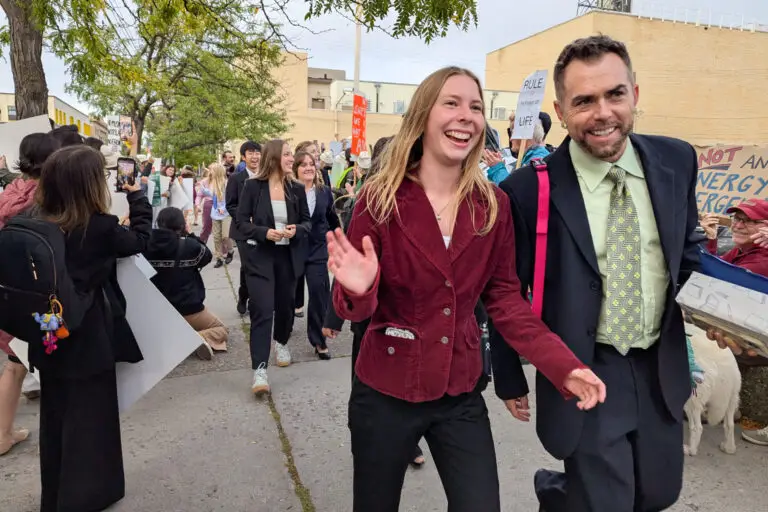Across the American West, smoke clouds linger longer than childhood memories. Rivers once steady are swollen, erratic, or bone-dry. Summers, once welcomed, now come with warnings. For many young Americans, climate disruption is no longer an abstract headline — it is the air they breathe, the homes they flee, the heat that sickens their bodies.
Now, a group of 22 youths has turned those lived realities into a direct constitutional challenge. Their claim: that federal policies designed to expand fossil fuel extraction and erase climate safeguards trample their fundamental rights.
From Protest Signs to Court Filings
What distinguishes this case is not the science — which has been repeated for decades — but the venue. Instead of chanting outside government buildings, these teenagers and young adults have placed their grievances inside them. By targeting executive orders that fast-track drilling and dismantle climate research, they argue the presidency itself has crossed into constitutional abuse.
It’s an inversion of the usual narrative: the government paints itself as democratic protector, insisting that energy debates are settled at the ballot box. The youth reply that elections mean little if policy choices knowingly compromise the right to a livable future.
Fear Written Into Testimony
Their stories are stitched with personal cost. A girl who packs stuffed animals while wildfires drive her family from their home. A boy who collapses from heatstroke, his organs nearly failing. Another who wonders which friend’s house will be next to burn.
None speak in abstractions; all speak in survival. Their message is as clear as it is unsettling: climate change is not tomorrow’s crisis, it is today’s inheritance.
The Broader Tide
This lawsuit is not isolated. It is part of a mounting wave in which citizens — often young ones — drag climate disputes into the courts when legislative and executive branches stall. From Montana to Hawaii, state-level rulings have begun to recognize environmental rights embedded in constitutions. The question now is whether the federal judiciary, long cautious to interfere in policy, will follow suit.
Stakes Beyond the Ruling
Even if this Montana case falters in appeals, its implications are already visible. Each legal filing, each testimony, chips away at the perception that climate is optional politics. Instead, it reframes the debate in terms of rights, duty, and intergenerational justice.
For the plaintiffs, the verdict they want is simple but seismic: acknowledgment that executive power cannot casually trade away their future. Whether or not the courts deliver it, they’ve already shifted the battlefield.






